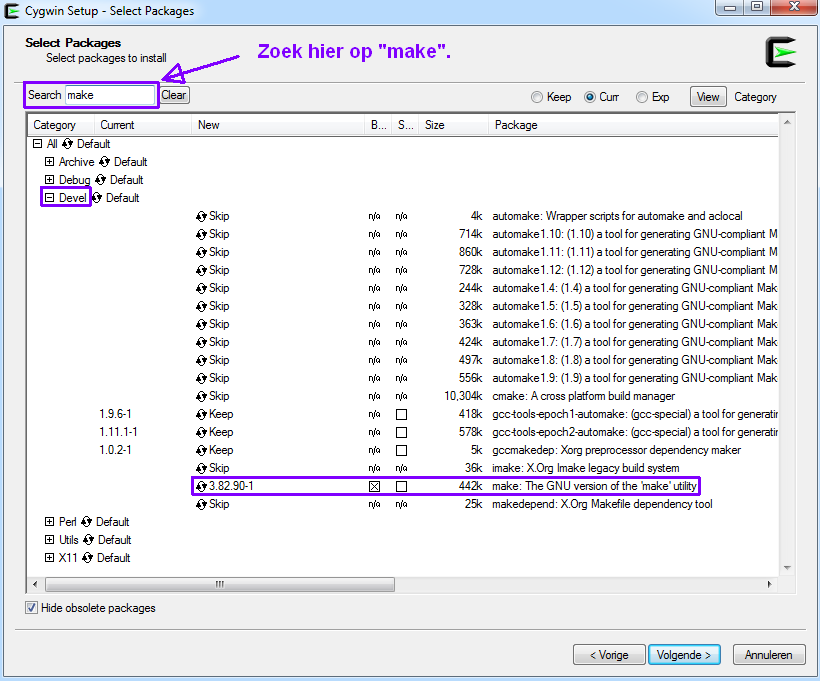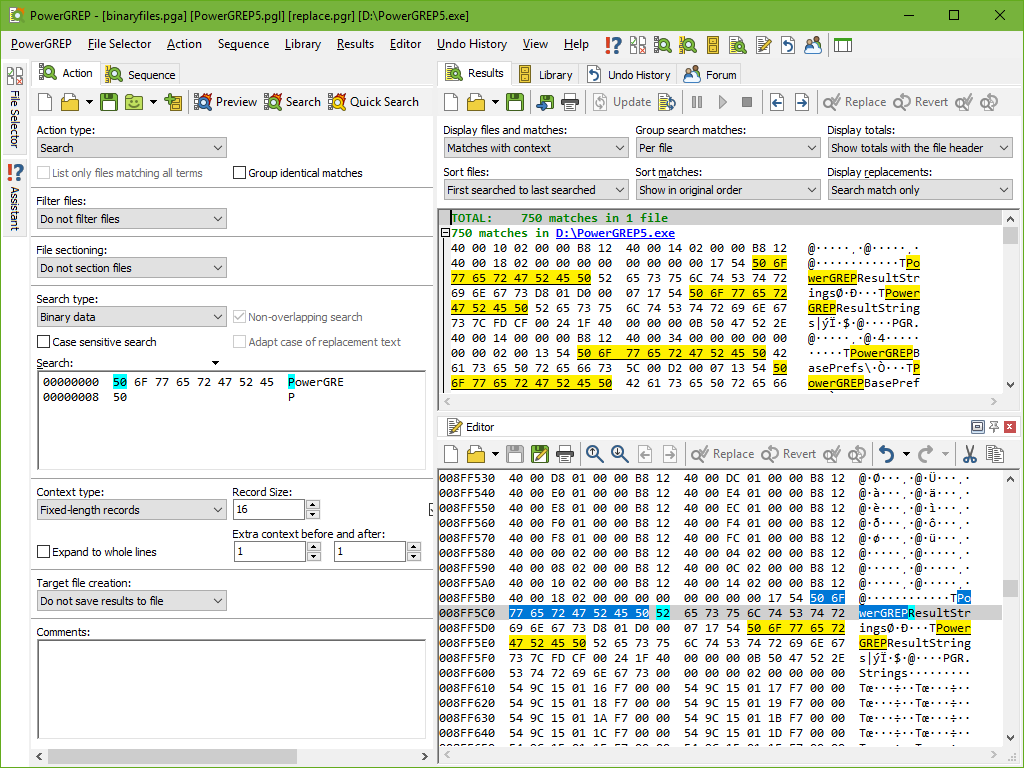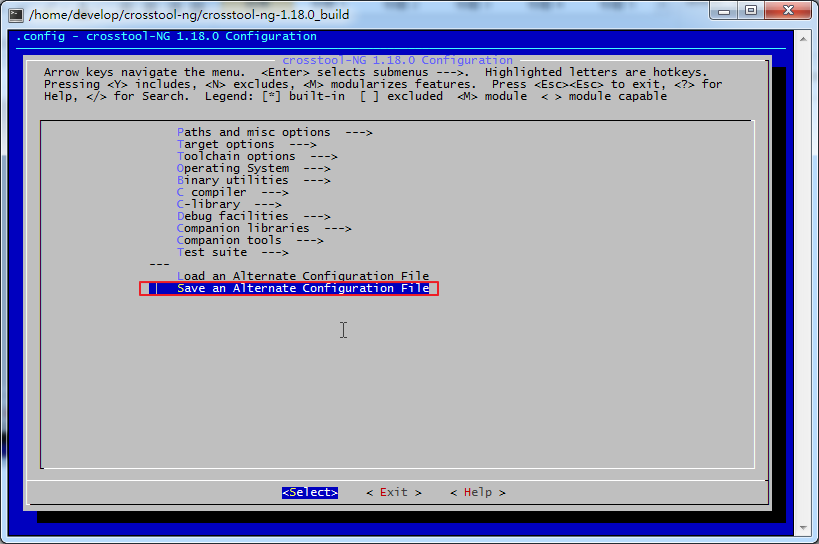

Ps auxwww | grep httpd # all processes containing 'httpd' Grep -vi fred /etc/passwd # same thing, case-insensitive Grep -v fred /etc/passwd # find any line *not* containing 'fred' Grep -B5 -A5 "the living" gettysburg-address.txt # five lines before and ten lines after Grep -A10 "the living" gettysburg-address.txt # show all matches, and ten lines after each match

Grep -B5 "the living" gettysburg-address.txt # show all matches, and five lines before each match Grep -n we gettysburg-address.txt # show line numbers as well as the matching lines Grep -il StartInterval *.plist # same thing, case-insensitive Grep -l StartInterval *.plist # show all filenames containing the string 'StartInterval' Grep '' * # find all lines in all files in the current dir with three numbers in a row Grep 'oo' * # find Foo or Goo in all files in the current dir Grep '^fred' /etc/passwd # find 'fred', but only at the start of a line Grep -i joe users.txt # find joe, Joe, JOe, JOE, etc. Grep null *.scala # search multiple files Grep fred /etc/passwd # quotes usually not when you don't use regex patterns Grep 'fred' /etc/passwd # search for lines containing 'fred' in /etc/passwd

(If the Table of Contents over there on the right side is still in the way, click or tap the ‘hide’ link in its title to hide it): Abridged grep command examplesįirst up, if you don’t like reading a bunch of text and just want to see a collection of grep commands, this section is for you.
#Cygwin grep binary file matches how to#
I think it’s easiest to learn how to use the grep command by showing examples, so let’s dive right in. The name grep means "general regular expression parser", but you can think of the grep command as a “search” command for Unix and Linux systems: It’s used to search for text strings and regular expressions within one or more files. With -0777, which sets a record separator as something impossible, we work on the whole input as opposed to each line in the input.Linux grep FAQ: Can you share some Linux/Unix grep command examples? Where we find instances of war that are preceded by any 2 bytes (not characters in the user's locale), using a look-behind operator for those preceding bytes so as not consume the input. Those issues could be addressed by using perl and: perl -l -0777 -ne 'print "$1$2" while msg' Then, in xxwarwar, grep -o will find xxwar, but resume search for more matches after that, so won't find arwar. Grep in general is only meant to work on text, so depending on the grep implementation, input with NUL characters or with overlong lines or not ending in newline characters could put a spanner in the works. In a UTF-8 locale, on an input like war, the two bytes form the é character, but the 0xff byte before it is invalid, so can't form a character. Will only return war instances that follow 2 characters (not bytes which is one of the 3 issues here) other than newline.įor instance, on an input like Xwar, the 0x0a byte delimits the previous line, and the next line starts with Xwar where there's only one character before war. There are at least two (well three) problems with your approach.Įven with the non-standard -o, grep is line based, in that it finds all the matched to output on each line, lines being sequences of characters delimited by a newline character (byte with value 10 / 0x0a on ASCII-based systems). My guess is, the value of "two characters before" in the three missing cases is 0x00 (end of C string), so grep does not output that match - otherwise I would have still expected 4 results (unless the very first match previously was at start of file, otherwise I would have expected 3 results).Ĭan I somehow persuade grep to simply "ignore" null bytes in matches (or replace them with a dot or something) and still print matches that might have them? If not grep, is there another tool that could do this? So, now, for some reason, I get only one result?! Now, if I want to look up looking up the string war and two more characters before it: $ grep -ao. Right so just now, I realized that it behaves like this: I've tried first looking up the string war and one character before it: $ grep -ao. Print only the matched (non-empty) parts of a matching line, with each such part on a separate

Process a binary file as if it were text this is equivalent to the -binary-files=text option. word file.bin to look up a text content ("word") and the few characters before it as a reminder: -a, -text


 0 kommentar(er)
0 kommentar(er)
